Gyakorlásképp fejtsd meg
ezt a 20 kérdéses keresztrejtvényt
SPORT & HOBBI témakörben! Have fun!
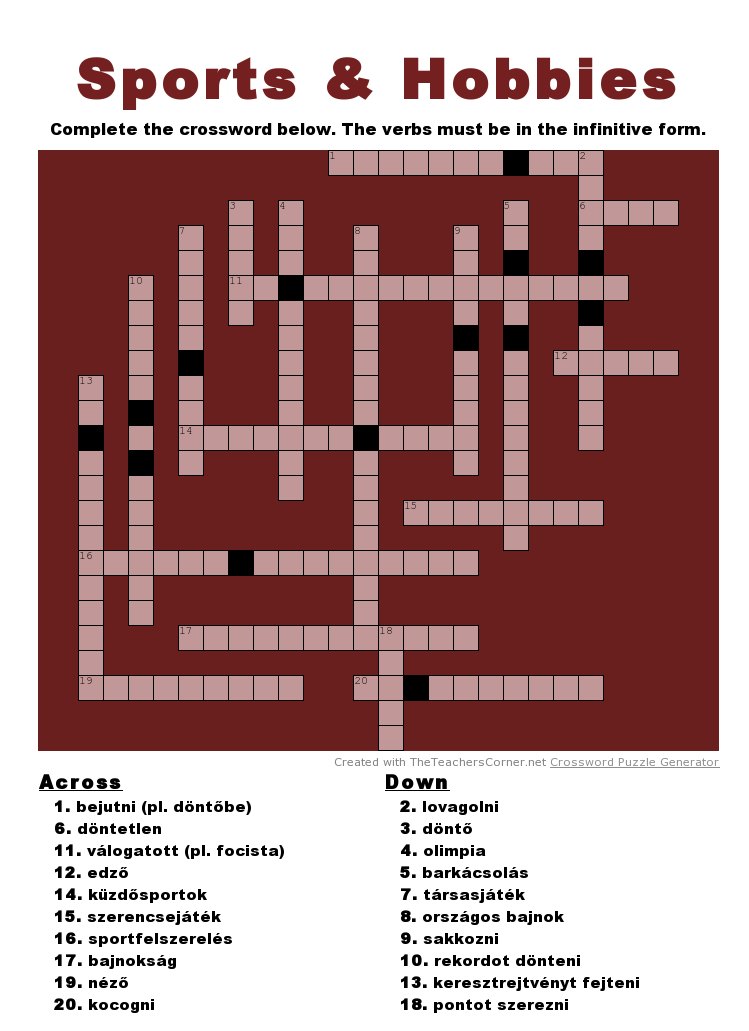
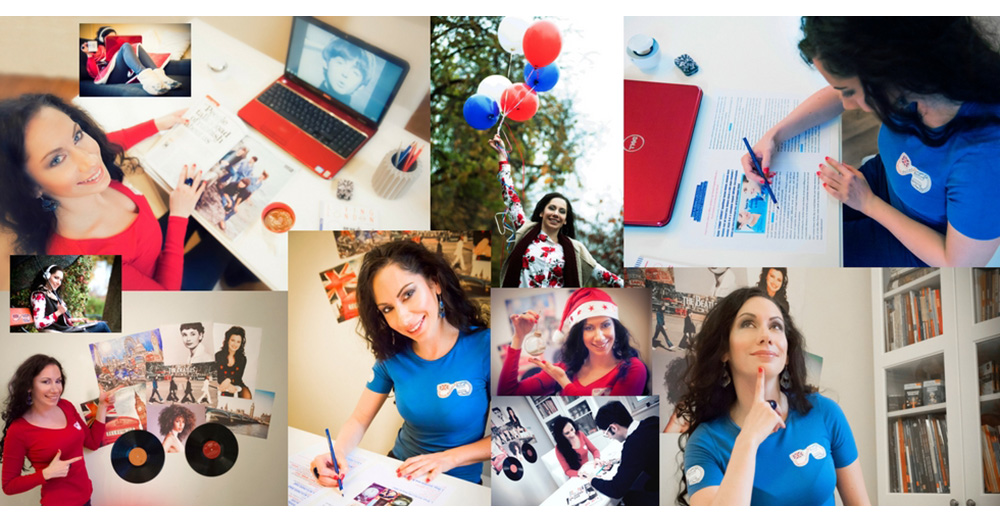


A SOME-, ANY-, EVERY-, NO- előtagú és -ONE, -BODY, -THING, -WHERE utótagú szavakat határozatlan névmásnak nevezzük és az alábbi táblázatból kiolvashatóan használjuk. A névmásokat (+) (-) (?) jellel láttam el a szerint, hogy milyen mondattípusban szoktak előfordulni, ezek rendre: kijelentő/állító, tagadó és kérdő mondattípusok.
Megjegyzés a NO- előtagú szavakhoz: EZEK MELLETT A NÉVMÁSOK MELLETT NEM SZABAD TAGADNI AZ IGÉT, mivel ezek önmagukban tagadó "előjelű" szavak, igazából a mondat azzal válik máris tagadóvá, hogy szerepelnek benne! S, mint tudjuk, az "iskolázott" angol nyelvhasználatban TILOS a dupla tagadás.
Értelmezd a táblázatot, majd mélyítsd el tudásod a táblázat alatti példamondatok segítségével.
Kellemes angolozást!
NÉVMÁS |
MONDATFAJTA |
JELENTÉS |
PÉLDAMONDAT |
| SOMEBODY = SOMEONE | + (?) | valaki(t) | 1. |
|
ANYBODY = ANYONE |
? | valaki(t), bárki(t) | 2. |
| - | senki(t) | 3. | |
| + | akárki(t), bárki(t) | 4. | |
| EVERYBODY = EVERYONE | + ? | mindenki(t) | 5. |
| NOBODY = NO ONE | - | senki(t) | 6. |
| SOMETHING | + (?) | valami(t) | 7. |
|
ANYTHING |
? | valami(t), bármi(t) | 8. |
| - | semmi(t) | 9. | |
| + | bármi(t) | 10. | |
| EVERYTHING | + ? | minden(t) | 11. |
| NOTHING | - | semmi(t) | 12. |
| SOMEWHERE | + (?) | valahol, valahová | 13. |
|
ANYWHERE |
? | valahol, valahová, bárhol, bárhová | 14. |
| - | sehol, sehová | 15. | |
| + | bárhol, bárhová | 16. | |
| EVERYWHERE | + (?) | mindenhol, mindenhová | 17. |
| NOWHERE | - | sehol, sehová | 18. |
1. Somebody/Someone has put sweets into my stockings.
Valaki édességet rakott a zoknimba.
2. Did you see anybody/anyone enter our house?
Láttál valakit bejönni a házunkba?
3. No, I didn't see anyone/anybody.
Nem, nem láttam senkit.
4. The door was locked but anybody could have entered through the chimney.
Az ajtók zárva voltak, de bárki bejöhetett a kéményen át.
5. But everyone/everybody was at home, weren't they?
De hát mindenki itthon volt, nem?
6. Yes, and yet, no one/nobody saw the intruder.
De, és mégis, senki sem látta a behatolót.
7. Something is wrong here.
Valami nem stimmel itt.
8. Did you hear anything strange during the night?
Hallottál valami furát éjszaka?
9. As I said I didn't hear or see anything at all.
Ahogy mondtam már, nem hallottam se nem láttam egyáltalán semmit.
10. Okay, you can tell me anything, I won't believe you.
Oké, nekem mondhatsz bármit, már nem hiszek neked.
11. Come on! What are you thinking? Everything I said was true.
Ugyan már, hova gondolsz! Minden, amit mondtam, igaz.
12. Nothing will convince me! I'm sure you saw Santa!
Semmi nem fog meggyőzni. Tuti, hogy láttad a Télapót!
13. He must be hiding in the house somewhere.
Bizonyára még mindig itt bújkál valahol a házban!
14. Are you crazy? Is there anywhere to hide in this house at all?
Megőrültél? Van ebben a házban hova bújni egyáltalán?
15. He can't have hidden anywhere. He's too fat!
Nem bújhatott sehová, hiszen olyan kövér!
16. Don't worry, we'll find him anywhere if we keep searching.
Ne aggódj, bárhol megtaláljuk, ha folytatjuk a keresést.
17. Yeah, but I have already looked everywhere.
Igen, de én már mindenhol megnéztem.
18. You're right. He's nowhere.
Igazad van, nincs sehol.
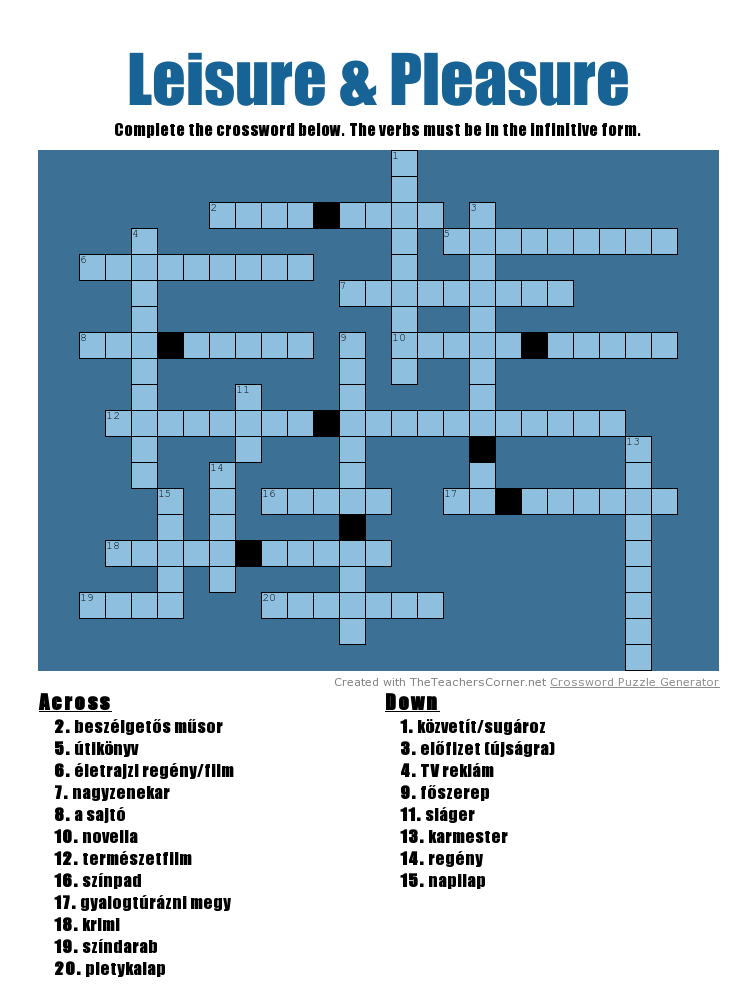
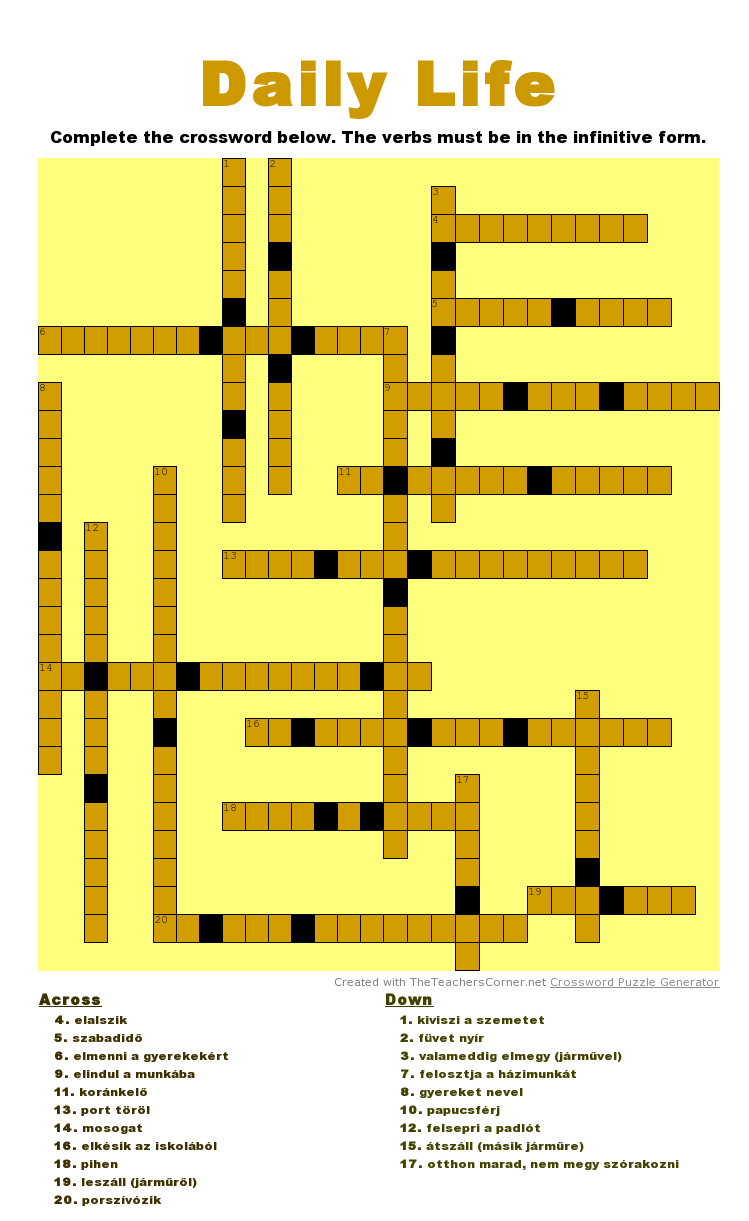
| A tagmondat= IF + PRESENT SIMPLE | B tagmondat= WILL + INFINITIVE |
| If you do the washing-up, | I'll marry you. |
| Ha elmosogatsz, | feleségül veszlek. |
| B tagmondat= WILL + INFINITIVE | A tagmondat= IF + PRESENT SIMPLE |
| I will marry you | if you do the washing-up. |
| Feleségül veszlek, | ha elmosogatsz. |
| A tagmondat | B tagmondat |
| If I have time, | I will help you. |
| Ha lesz időm, | segíteni fogok neked. |
| B tagmondat | A tagmondat |
| I'll help you | if I have time. |
| Segíteni fogok, | ha lesz időm. |
| A tagmondat | B tagmondat |
| Unless you go to bed early, | you will oversleep. |
| Hacsak nem fekszel le korán, | el fogsz aludni. |
| B tagmondat | A tagmondat |
| You'll oversleep | unless you go to bed early. |
| El fogsz aludni | hacsak nem fekszel le korán. |
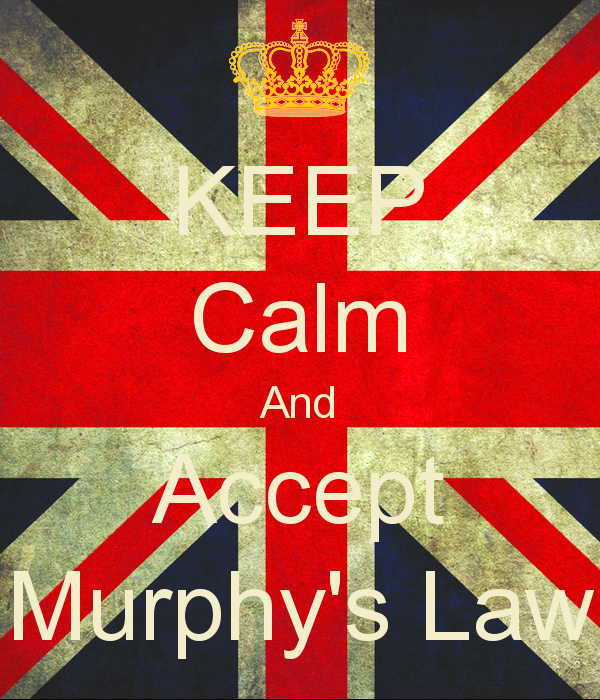
| A tagmondat | B tagmondat |
| ALAPTÖRVÉNY | |
| If something can go wrong, | it will. |
| Ha valami elromolhat, | az el is romlik. |
| DOLGOZATÍRÁS | |
| If you bring a solar powered calculator to a test, | the lights won't work. |
| Ha a dolgozatírásra napelemes számológépet viszel, | nem fog működni a villany. |
| TANÁR-DIÁK | |
| If a subject is interesting to the teacher, | it will bore students. |
| Ha egy téma érdekes a tanár számára, | a diákokat untatni fogja. |
| SZERELEM | |
| If you are interested in someone, | a close friend will grab their attention. |
| Ha érdeklődsz valaki iránt, | az ő figyelmét közeli haverod kelti fel majd. |
| TÁVOLSÁGI AUTÓBUSZ | |
| If you have no change, | the bus driver won't have any either. |
| Ha épp nincs nálad apró, | akkor a buszvezetőnél sem lesz. |

| MELLÉKNÉV FAJTÁJA | ADJECTIVE | COMPARATIVE | SUPERLATIVE |
|
kérdőszava: |
"milyen?" | "milyenebb?" | "a legmilyenebb?" |
|
értelme: |
"ilyen/olyan" | "ilyenebb/olyanabb" | "a legilyenebb/legolyanabb" |
|
szabály: |
✿ | ✿+ER | THE ✿+EST |
|
R Ö V I D |
|
|
|
|
szabály: |
♚ | MORE ♚ | THE MOST ♚ |
|
H O S S Z Ú |
|
|
|
|
szabály: |
▲ | ❅ | ❤ |
|
REND- HA- GYÓ |
|
|
|
|
HASONLÍTÁSOKBAN |
AS [adjective form] AS | [comparative form]+THAN | nem hasonlított, KIEMELT |
|
HASONLÍTÓ JELENTÉS |
'olyan...MINT' | 'valamilyenebb MINT' | 'A LEGVALAMILYENEBB' |
Tehát:
She is taller than her mother. NOT more taller that
Magasabb mint az anyukája.
Her mother isn't as tall as her. NOT isn't as tall than
Anyukája nincs olyan magas mint ő.
This is the best joke I've ever heard. NOT goodest or best
Ez a legjobb vicc, amit valaha hallottam.
 nyelvoktató csatornámra!
nyelvoktató csatornámra!| ADVERB FAJTÁJA | ADVERB | COMPARATIVE ADVERB | SUPERLATIVE ADVERB |
|
kérdőszava: |
"hogyan?" | "inkább hogyan?" | "leginkább hogyan?" |
|
értelme: |
"valahogyan" |
"inkább/kevésbé valahogyan" |
"leginkább/legkevésbé valahogyan" |
|
szabály: |
☼ | MORE ☼ | MOST ☼ |
|
-LY-re végződő |
|
|
|
|
szabály: |
✿ | ✿+ER | ✿+EST |
|
RÖ- VID |
|
|
|
|
szabály: |
▲ | ❅ | ❤ |
|
REND- HAGYÓ |
|
|
|
|
HASONLÍTÁSOKBAN |
AS [adverb form] AS | [comparative adverb]+THAN | nem hasonlított, KIEMELT |
|
HASONLÍTÓ JELENTÉS |
'olyannyira...MINT' | ilyenebbül/olyanabbul MINT | a legvalahogyanabbul/-an |
Tehát:
She works hard. NOT hardly
Keményen dolgozik.
HARDLY= alig!!!
Don't drive so fast. NOT fastly
Ne hajts ilyen gyorsan.
Do you do well at school? NOT good or goodly
Jól tanulsz az iskolában?
He scored highest in the test.
Ő szerezte a legmagasabb pontot a dolgozatban.
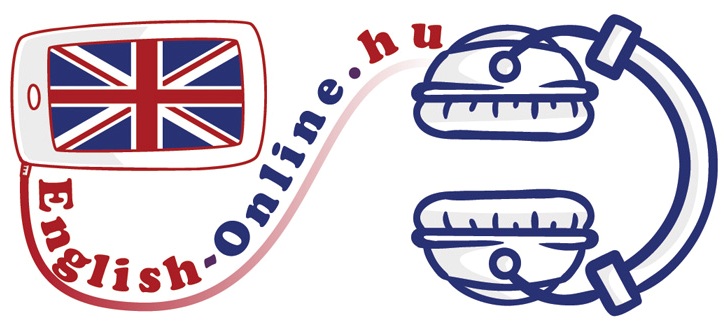

I WISH / IF ONLY ...(Bárcsak...) |
||
I. típus |
II. típus |
III. típus |
MIRE JÓ? |
MIRE JÓ? |
MIRE JÓ? |
| WHINING, COMPLAINING, MOANING | ANNOYANCE, FRUSTRATION, IRRITATION | REGRETS, DISAPPOINTMENT, SADNESS |
KOMMUNIKÁCIÓS CÉL: |
KOMMUNIKÁCIÓS CÉL: |
KOMMUNIKÁCIÓS CÉL: |
| kesergés, sopánkodás, siránkozás, nyavalygás | bosszankodás, zsörtölődés, frusztráció | bánkódás, sajnálkozás, megbánás |
HASZNÁLAT: |
HASZNÁLAT: |
HASZNÁLAT: |
| Bárcsak máshogy lenne egy tény/állapot/helyzet (de a beszélő szerint erre nincs kilátás) | Bárcsak megváltozna egy viselkedés/cselekvés, ami idegesít (ha kritizálom, talán megtörténhet) | Bárcsak megtörtént volna vagy másképp alakult volna valami a múltban (már késő bánat) |
SZERKEZET: |
SZERKEZET: |
SZERKEZET: |
~ + PAST SIMPLE |
~ + WOULD + INFINITIVE
|
~ + PAST PERFECT |
PÉLDÁK: |
PÉLDÁK: |
PÉLDÁK: |
|
|
|
| Bárcsak magasabb lennék/volnék. | Bárcsak ne csalnának a taxisofőrök. | Bárcsak nem mentem volna hozzá. |
|
|
|
| Azt kívánja, bárcsak szép hangja lenne. | De jó volna, ha abbahagynád az üvöltést. | Bár vettem volna egy ernyőt. |
|
|
|
| Bárcsak tudnám. | Bárcsak odafigyelnél, amikor hozzád beszélek! | Bárcsak eljöttél volna az esküvőnkre. |
|
|
|
| Arra vágyik, bárcsak tudna táncolni. | Bárcsak befogná végre. | Nem kívánod, bárcsak mentél volna egyetemre? |
1. Bárcsak szőke lennék nagy kék szemekkel!
2. Bárcsak bevettem volna a fogamzásgátlót!
3. Bárcsak ne tartana 1 hétig, mire a Magyar Posta kézbesít egy levelet.
4. Bárcsak New Yorkban születtem volna.
5. Bárcsak vége lenne már ennek a dögunalmas matek órának!
6. Bárcsak tudnék repülni!
7. De jó lenne, ha lenne valami a hűtőben.
8. Bárcsak én lennék Britney Spears!
9. Bárcsak nyitottam volna egy megtakarítási számlát.
10. Bárcsak ne vettem volna fel a diákhitelt!

With GP __________(1) busier than ever, many people are choosing to search the internet for answers to a health worry, or to try to self-diagnose. Evern Health Secretary Jeremy Hunt has suggested parents search online to determine the severity of their children's rash. But, as Dr Ellie Cannon explains, googling __________(2) has its dangers.
When we make a __________(3), it is about a lot more than your list of symptoms. You'll notice a GP often asks about your job, your relationships or even what you have been eating. You need that whole story to make a proper __________(4) assessment, and Google just can't see that big picture. This often leads to a wrong answer which can be dangerous if a serious diagnosis is missed.
Google gives you all the weird and sinister possible diagnoses, as well as the most likely common ones that I see every day in my __________(6). It is human nature to look at those strange possibilities and start to worry you have some very rare, serious illness. Symtom checkers tend to provide vast unrealistic lists of __________(7), most often including the word 'cancer' which, of course, gives people huge amounts of unneccesary worry.
As well as worry, googling medical complaints can lead to disappointment. Many websites suggest __________(8) that is not appropriate: US-based sites may recommend pricey experimental treatments that are not available or recommended in the UK. Alternative medicine sites can offer __________(9) that are unproven and come with a heavy price tag. Even genuine medical sites may offer out-of-date advice.
It's good to see someone. Whether it's a __________(10) or a GP, there is no substitute for interaction with a real-life healthcare professional. You can't diagnose a __________(11) by trying to match a picture on Google - when doctors __________(12) you they're looking for your general well-being and appearance, and how distressed you are. A quick online check cannot match that universal view.
The online world, as we know, can be different to reality, and this is very true for health information, which can be fake or inaccurate. Many sites appear to be written or endorsed by a __________(13) when they aren't - anyone can put a picture of a __________(14) on their blog and fool people into believing it is a genuine medical site. This can be misleading and unsafe.
But it's not all bad. There are some fabulous __________(15) resources online if you look at the right sites. NHS Choices and NetDoctor offer up-to-date medical information written by UK doctors whose advice you know you can trust. They are good places to read about your diagnosis once you have been to your __________(16) to give you a broader view of your __________(17) and treatment.
If you suffer with a __________(18) or something slightly unusual, an online community can be really valuable. Charities such as the National Eczema Society provide online support and fantastic information, with tips from other sufferers - a great __________(19) of advice and comfort. For rarer __________(20), online communities offer support and information that would not otherwise be readily available.
Adapted from the British Press
 nyelvoktató csatornámra!
nyelvoktató csatornámra!
CANCER= rák
CHRONIC ILLNESS= krónikus betegség
CLINIC= klinika, szakrendelő
CONDITIONS= állapotok, betegségek, nyavalyák
’CURES’= gyógymódok, kúrák
DIAGNOSIS= kórmegállapítás, diagnózis
DISEASES= betegségek, kórok
DOCTOR= orvos
EXAMINE= megvizsgál
GP= general practitioner= háziorvos, körzeti orvos
HEALTH= egészség
ISSUE= probléma
MEDICAL= orvosi
PHARMACIST= patikus, gyógyszerész
RASH= kiütés
SOURCE= forrás (állításé)
STETHOSCOPE= hallgatócső, sztetoszkóp
SURGERIES= rendelők
SYMPTOMS= tünetek, szimptómák
TREATMENT= kezelés

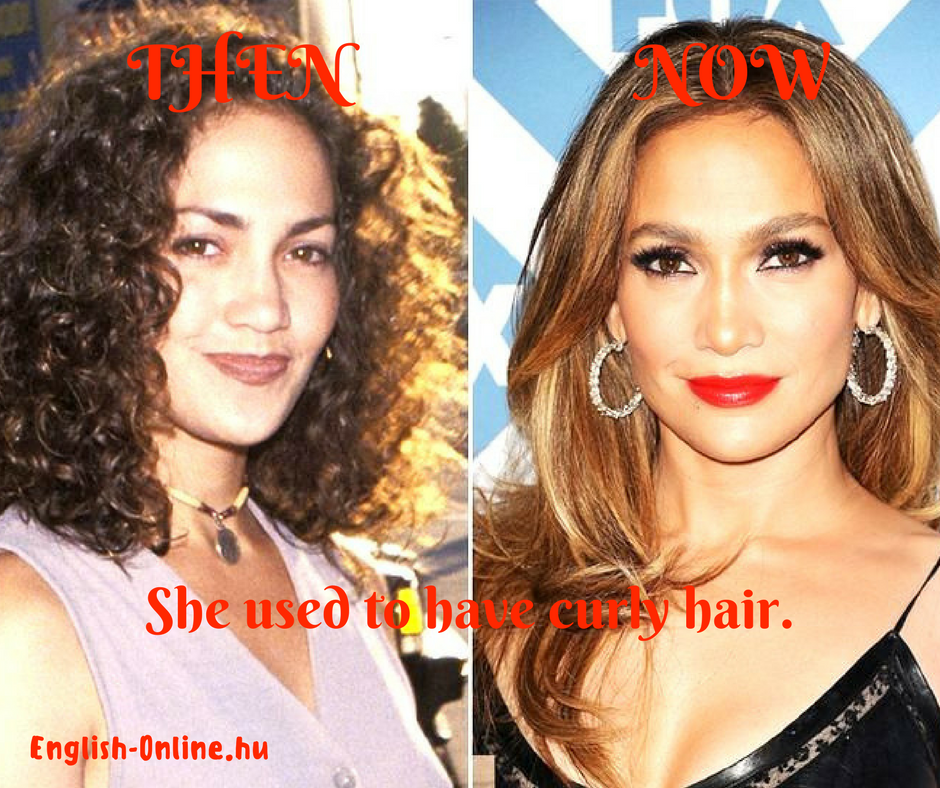
| + | - | SUBJECT=ALANY | USED TO | INFINITIVE (v1) |
| + | - | I | used to | wear glasses. |
| - | SUBJECT=ALANY | DID NOT / DIDN'T | USE TO | INFINITIVE (v1) |
| - | She | didn't | use to | wear glasses. |
| ? | DID | SUBJECT=ALANY | USE TO | INFINITIVE (v1) |
| ? | Did | you | use to | wear glasses? |